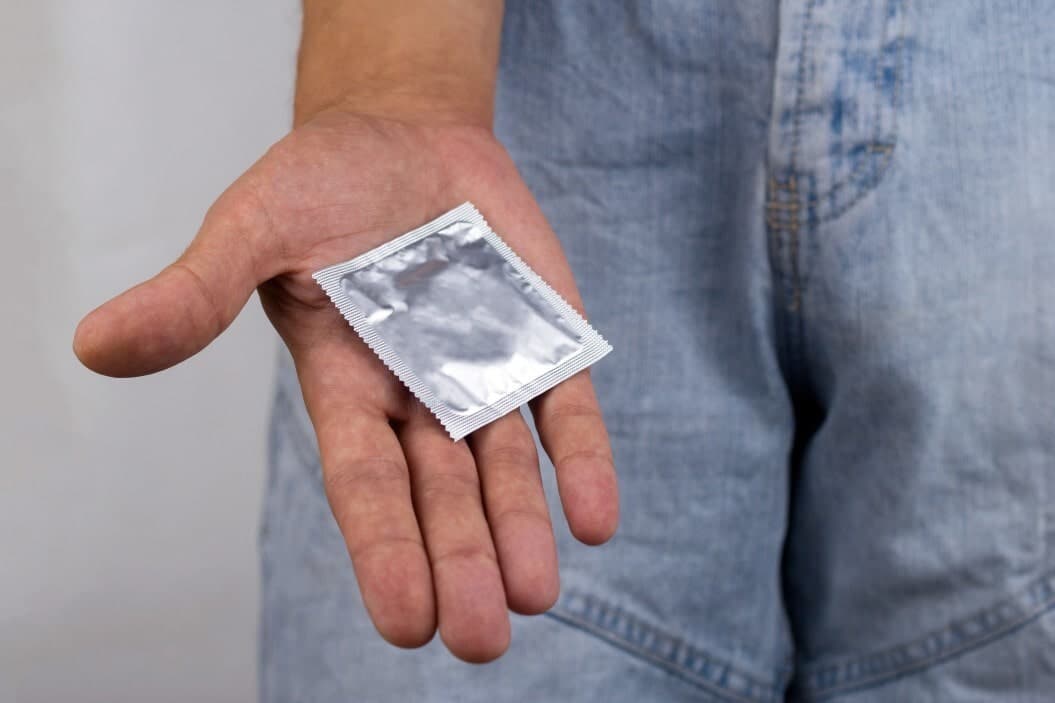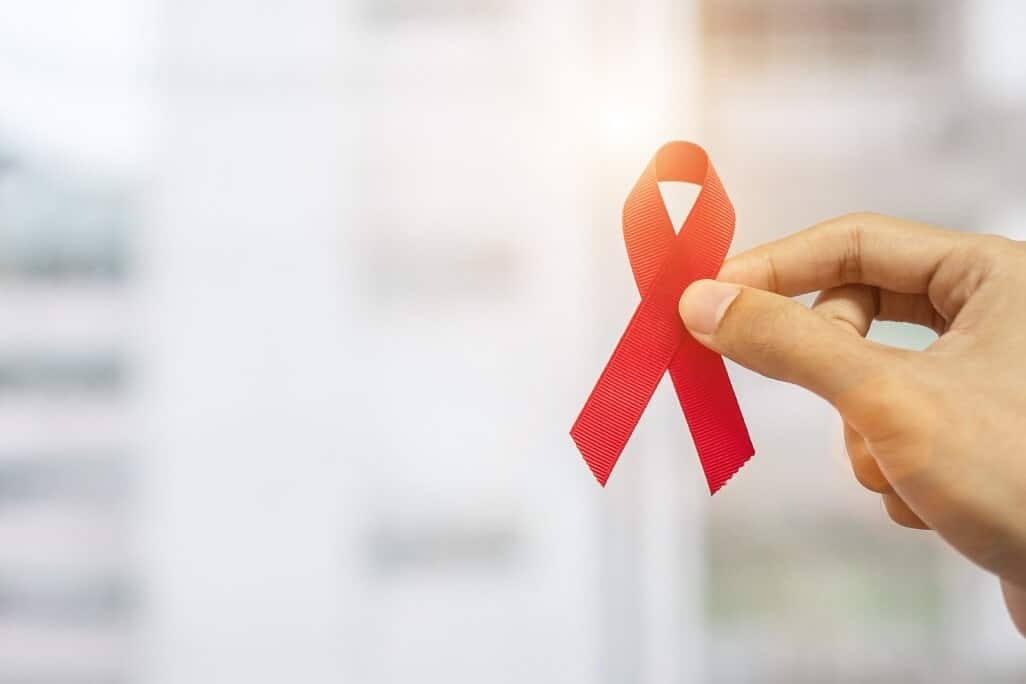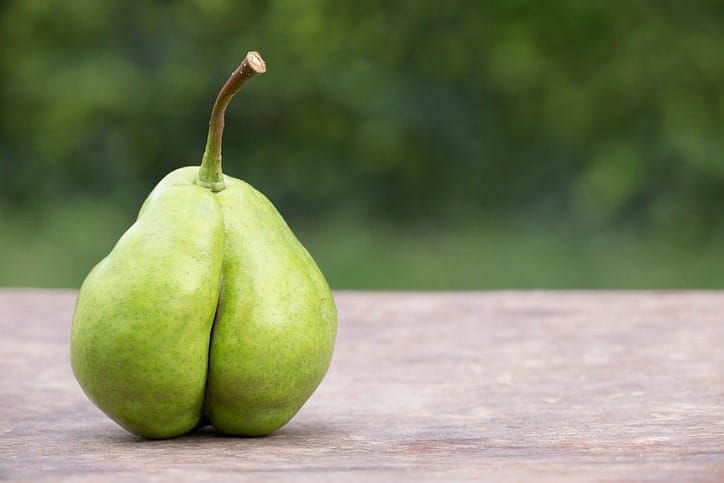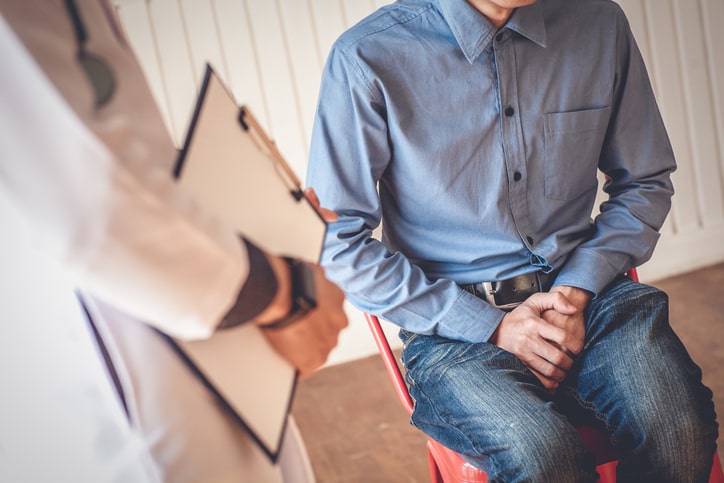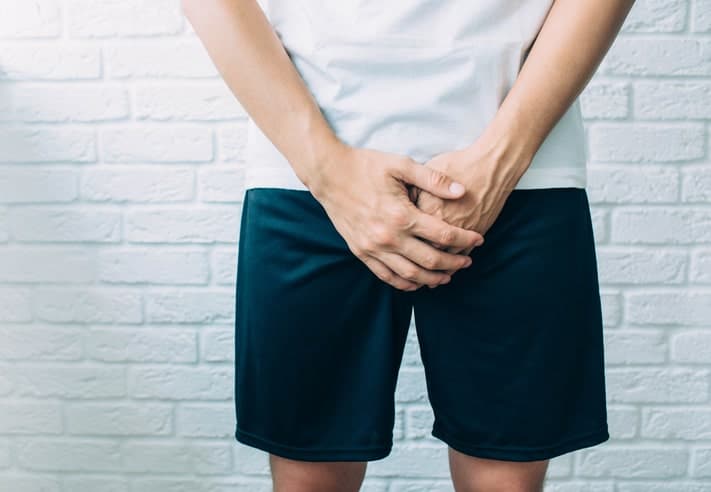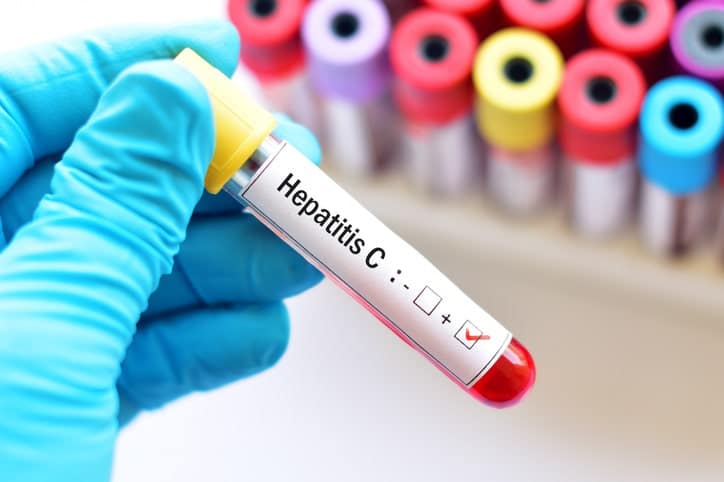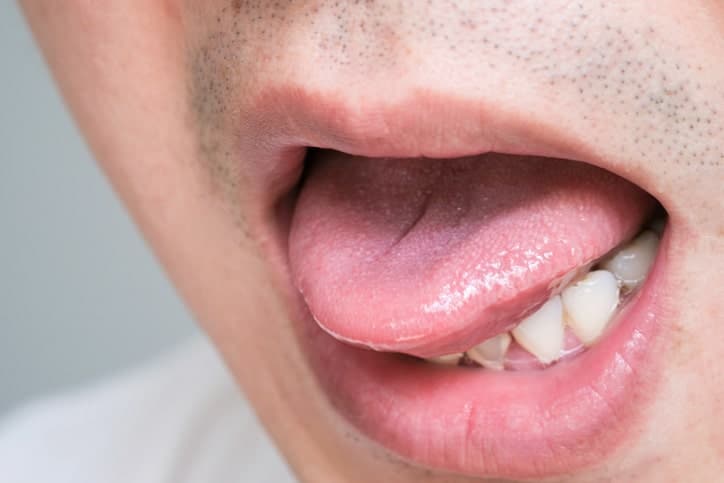Don’t let STDs dampen your sex life. Find out more about trichomoniasis, a STI that exhibits no visible symptoms in 70% of people.
There’s no doubt that STDs can really put a serious damper on your sex life. As a doctor who's treated many patients in Singapore with STDs, I’ve seen firsthand how STDs affect not just your sex life but relationships as well. Trichomoniasis, or what we commonly refer to as "trich" is an STI that is caused by the Trichomonas vaginalis protozoan parasite.
While symptoms of trichomoniasis may vary from person to person, very often patients don't even know that they have it. This sneaky parasite lives in the genital area of both men and women; it resides in the vagina and urethra for females and prostate glands, tip of the penis and urethra for males.
This post is designed to help guys understand trichomoniasis and embark on the right path to treating it.
What are the associated symptoms of Trichomoniasis?
According to research, about 70% of the infected persons are unaware since they exhibit no visible symptoms.
For those who experience symptoms, the warning signs usually show up 5-28 days after infection. Of course, not everyone is the same; some patients develop symptoms much later.
Everyone experiences trichomoniasis symptoms differently; sometimes they are just mild, or they can be severe.
Men will sometimes experience:
- Painful urination
- Painful ejaculation
- Redness and pain at the tip of the penis
- Penile discharge that cannot be classified as normal. It can be a thin or thick creamy color.
- Frequent urination
How do you contract Trichomoniasis?
You basically pick up Trichomoniasis through unprotected sex with a partner who is affected. The parasite usually targets your urethra, prostate gland, and the glans. Once you are infected, you can pass it on to your sexual partner.
With that said, like many STDs, trichomoniasis cannot be spread through physical contact and activities such as:
- Hugging
- Kissing
- Sharing utensils
- Sitting on the toilet seat that an infected person has used

Do I need to see a doctor?
Since trichomoniasis has similar symptoms to other STDs, I highly encourage you to see a doctor to confirm if you have contracted trichomoniasis or some other STD. Depending on what I find, I may require you to do further testing.
What are the available treatments for Trichomoniasis?
First, let’s get the elephant out of the room. If you are wondering if you can just ignore your infection hoping it’ll go away — it won’t. You need to get treated. I usually prescribe antibiotics; they are extremely effective at treating trichomoniasis.
Why should I get treated?
Simply put, you need to get treated to avoid complications. Why take the risk? Trichomoniasis when left untreated can cause the following issues:
Prostate infection
Although this happens rarely, trichomoniasis may cause your prostate to become infected. This can lead to painful inflammation that causes further discomfort.
Infection of internal organs
Also not a common occurrence, if left unchecked trichomoniasis can make its way to your reproductive organs and urinary system. The infection may present as pus-filled lesions.
What else can I do?
If you test positive for trichomoniasis, the first thing you should do is contact your recent sexual partners and let them know so that they can get tested. Chances are they got the infection too and should seek immediate treatment. This way, they can get the help they need, and you can avoid reinfection.
You should not have sex until you complete your antibiotic treatment and till your symptoms totally disappear. I recommend that you take your entire course as your doctor prescribed, as skipping days can compromise your treatment. You should also make sure that your partners are treated and symptom-free before resuming sexual activity.
References
- Young F. J Fam Health Care. 2006;16(5):153-5.PMID: 17139977
- Sang H, Zhou WQ, Ni RZ, Gao JP. Zhonghua Nan Ke Xue. 2002;8(1):61-3.PMID: 12479053
This article was written and medically reviewed by Dr Ben, M.D on 28/05/2021

